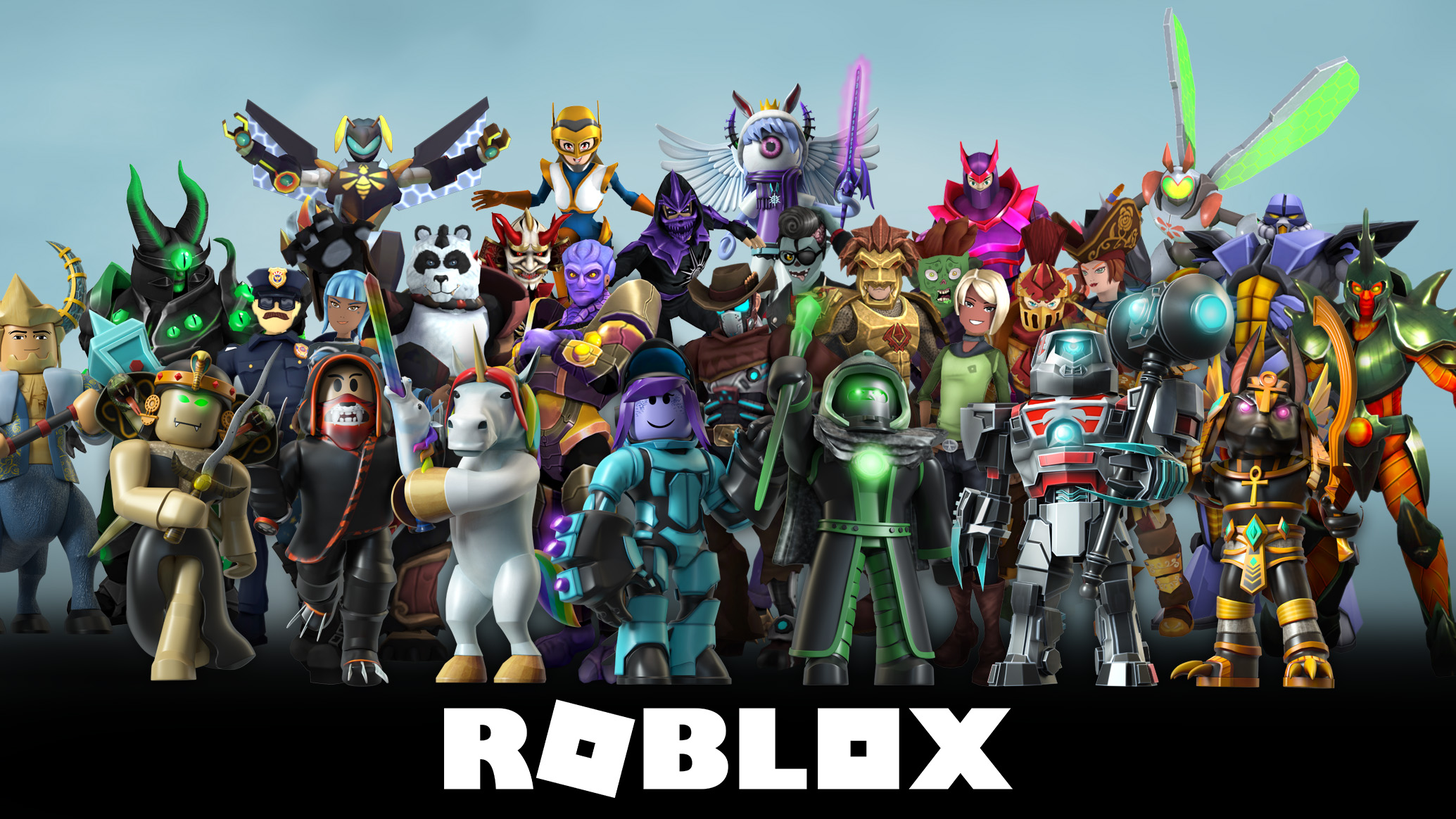Could Roblox create a new entertainment and communication category, something it calls “social co-experience”?
When it was a small startup, few observers would have believed in that future. But after 15 years — as told in the origin story of our Roblox EC-1 — the company has accumulated 90 million users and a new $150 million venture funding war chest. It has captured the imagination of America’s youth, and become a startup darling in the entertainment space.
But what, exactly, is social co-experience? Well, it can’t be described precisely — because it’s still an emerging category. “It’s almost like that fable where the nine blind men are touching and describing an elephant.
Everyone has a slightly different view,” says co-founder and CEO Dave Baszucki. In Roblox’s view, co-experience means immersive environments where users play, explore, talk, hang out, and create an identity that’s as thoroughly fleshed out (if not as fleshy) as their offline, real life.
But the next decade at Roblox will also be its most challenging time yet, as it seeks to expand from 90 million users to, potentially, a billion or more. To do so, it needs to pull off two coups.
First, it needs to expand the age range of its players beyond its current tween and teen audience. Second, it must win the international market. Accomplishing both of these will be a puzzle with many moving parts.
What Roblox is today

One thing Roblox has done very well is appeal to kids within a certain age range. The company says that a majority of all 9-to-12-year-old children in the United States are on its platform.
Within that youthful segment, Roblox has arguably already created the social co-experience category. Many games are more cooperative than competitive, or have goals that are unclear or don’t seem to matter much. One of Roblox’s most popular games, for instance, is MeepCity, where players can run around and chat in virtual environments like a high school without necessarily interacting with the game mechanics at all.
What else separates these environments from what you can see today on, say, the App Store or Steam? A few characteristics seem common.
For one, the environments look rough. One Robloxian put the company’s relaxed attitude toward looks as “not over-indexing on visual fidelity.”
Roblox games also ignore the design principles now espoused by nearly every game company. Tutorials are infrequent, user interfaces are unpolished, and one gets the sense that KPIs like retention and engagement are not being carefully measured.
That’s similar to how games on platforms like Facebook and the App Store started out, so it seems reasonable to say Roblox is just in a similarly early stage. It is — but it’s also competing directly with mobile games that are more rigorously designed. Over half of its players are on smartphones, where they could have chosen a free game that looks more polished, like Fortnite or Clash of Clans.
The more accurate explanation of why Roblox draws big player numbers is that there’s a gap in the kids entertainment market. So far, only Roblox fills that gap, despite its various shortcomings.
“The amount of unstructured, undirected play has been declining for decades. [Kids] have much more homework, and structured activities like theater after school.
One of the big unmet needs we solve is to give kids a place to have imagination,” explains Craig Donato, Roblox’s chief business officer. “If you play the experiences on our platform, you’re not playing to win. You go into these worlds with people you know and share an experience.”
Games like The Sims tried to do the same, but eventually faded in the children’s demo. Roblox’s trick has been continued growth: it provides kids with an endless array of games that unlock their imagination. But just like we don’t expect adults to have fun with Barbie dolls, it’s unlikely most adults would enjoy Roblox games.
Of course, it would be easy to point at Roblox and laugh off its ambitions to win over people of all ages. That laughter would also be short-sighted.
As David Sze, the Greylock Partners investor who led Roblox’s most recent round, pointed out: “When we invested in Facebook there was a huge amount of pushback that nobody would use it outside college.” Companies that have won over one demographic have a good chance of winning others.
Roblox has also proven its ability to evolve. At one time, the platform’s players were 90 percent male. Now, that’s down to about 60 percent. Roblox now has far more girls playing than the typical game platform.
Evolving to new demographics
https://ift.tt/2LhDaEj Digging into the Roblox growth strategy https://ift.tt/2Y3a7tZ













0 comments
Post a Comment